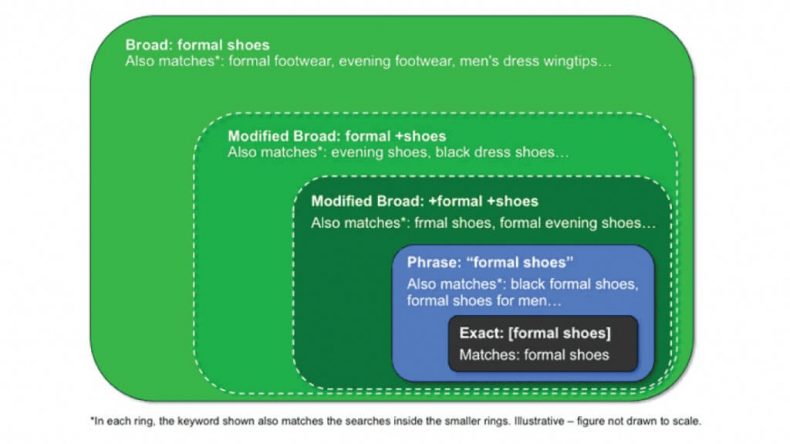Should you Bid on Keyword Modifiers?
In this day and age of online marketing activity, it isn’t enough to simply implement a marketing program that includes pay-per-click and sponsored advertising. It is just as important to find ways to actively manage that advertising campaign. If a company ignores opportunities to manage its program, they are running the risk of using up the company’s online marketing budget on ineffective marketing.
Ways to Manage Marketing Programs
With the mindset of using marketing dollars where and when they can best deliver the most return on investment (ROI), there are two ways to manage an online marketing campaign.
1. Multiple Marketing Campaigns – The first way is by implementing multiple marketing strategies at the same time with each one designed to go after certain market segments based on products, location targets or customer types. The problems with this approach are that it tends to get expensive and requires a lot more work, especially when product and service lines are changing on a regular basis. This is also a problem when keyword changes become necessary due to issues with ad locations within search engines.
2. Bid Modifiers – As an alternative to multiple strategies is the use of bid modifiers. Bid modifiers give content and online marketing managers the ability to control how and when their marketing budget is being used. As long as bid modifiers are set up in a manner that does not cause conflicts, they can be used effectively, giving companies enough flexibility to control its ROI when it comes to marketing investments.
What Are Bid Modifiers?
Search engines charge pay-per-click fees to customers who want to enhance their site’s chances of receiving preferred locations within search results for certain keywords or phrases. In order to further enhance ad placement, advertisers place bids that earn them the opportunity for even better results from search engine queries. Bid modifiers are special parameters that are placed on bids. They are used to control costs by determining where, when and how bid dollars will be increased or decreased in order to maximize potential returns. For example, a bid modifier might be set up to increase the standard bid by 200% during certain times of the day or it might lower the bid for queries coming from mobile devices.
Should you Bid on Modifiers?
The answer to this question is dependent on several factors. If the product or service is unique and stable, the use of modifiers might be unnecessary. If the products and services are dynamic and unstable (sales react differently to keywords in different market place locations or at different times of the day or week), modifiers might save marketing dollars to be used more effectively when needed the most. Remember, modifiers should not consume an entire marketing strategy. They should be used to enhance the effectiveness of a primary strategy. In certain situations, bid modifiers make sense and stand a better chance to achieve the end-goal of maximizing ROI on marketing investments. Some of those situations include:
- The targeting of certain times of day, week or seasons when higher ad placements become desirable
- The targeting of certain geographic locations where traffic seems more prominent
- The targeting of people within particular demographics such as income or age groups
- The addressing of prominent trends that have become apparent
Bid modifiers are like macros inside spreadsheets. After setting parameters, it’s much easier to control costs and minimize the chances of wasting online marketing dollars. While modifiers are not always necessary, they do provide the flexibility that companies need to increase traffic without wasting money. At the end of the day, it’s all about increasing ROI with the right marketing strategy.










